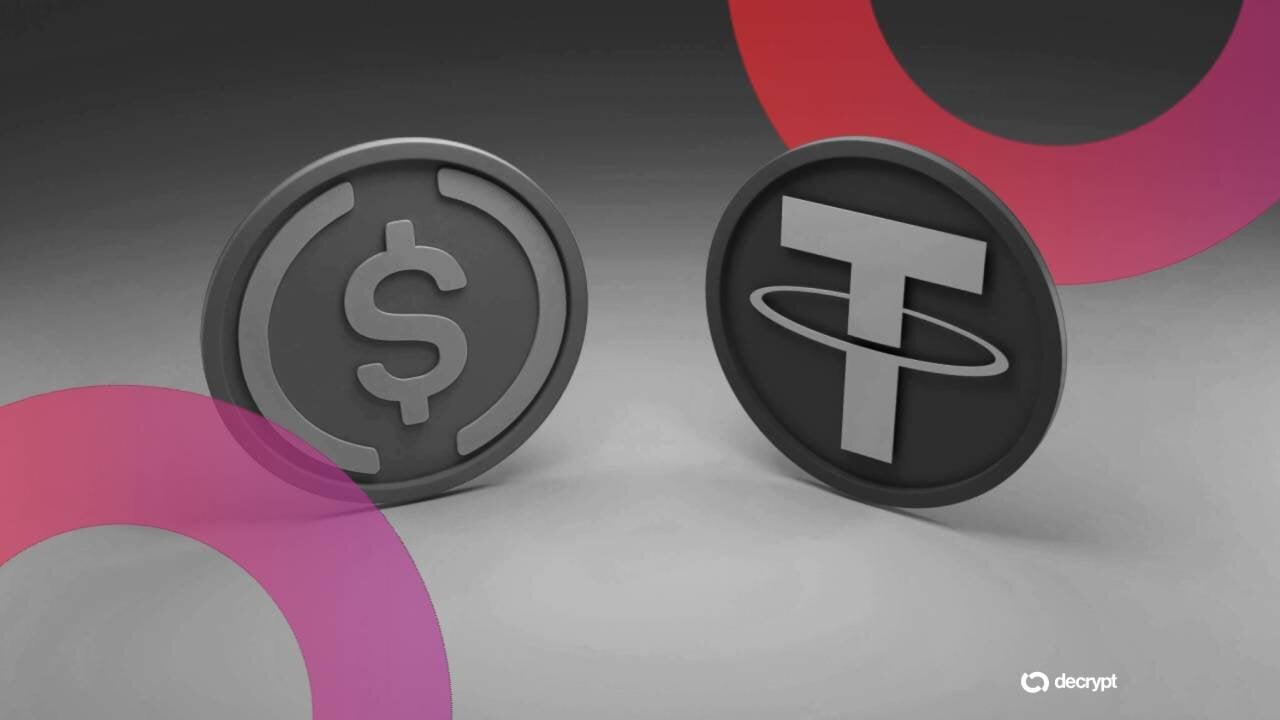Tether and Circle Set to Meet South Korea’s Banking Titans as Stablecoin Surge Intensifies

Stablecoin giants Tether and Circle are heading to Seoul for high-stakes meetings with South Korea's top banking CEOs—signaling a major regulatory shift as digital dollar adoption accelerates.
Banking Heavyweights Enter the Ring
South Korea's financial establishment finally acknowledges what crypto natives knew years ago: stablecoins aren't going anywhere. The country's largest banks now scramble to embrace the very technology they once dismissed.
Momentum Builds Behind the Scenes
Behind closed doors, these meetings could reshape Asia's fourth-largest economy. Traditional finance finally realizes that fighting digital dollars is like trying to stop the tide with a broom—pointless and slightly embarrassing.
Global Domination Continues
While bankers debate compliance frameworks, USDT and USDC quietly process more daily volume than most national payment systems. Another reminder that real innovation happens outside boardrooms—no matter how fancy the coffee served.
South Korea and stablecoins
Despite the East Asian nation’s current President Lee Jae-myung being widely considered crypto-friendly, the appropriate legal frameworks have proved politically controversial in the country. Under his presidency, Bitcoin ETFs have headed toward legalization in the country, while crypto KYC and AML oversight has been ramped up.
The country’s ruling party and the opposition party have both expressed different opinions about how to regulate the area, with the opposition Democratic Party debating the use of interest-generating stablecoins and the enforcement of strict capital limitations.
Meanwhile, executives from Korea’s central bank have mulled linking its deposit tokens to a public blockchain, enabling them to "coexist" with stablecoins issued by the private sector.
But these issues haven’t stopped some Korean companies from already preparing to issue their own stablecoins, with South Korean internet conglomerate Kakao recently registering trademarks for a Korean won stablecoin.
Sawhney argued that a joint venture or partnership between Circle or Tether and one of the banks WOULD allow them to "maintain their market share in the stablecoin space" versus South Korean fintech firms issuing their own won-based stablecoins.

